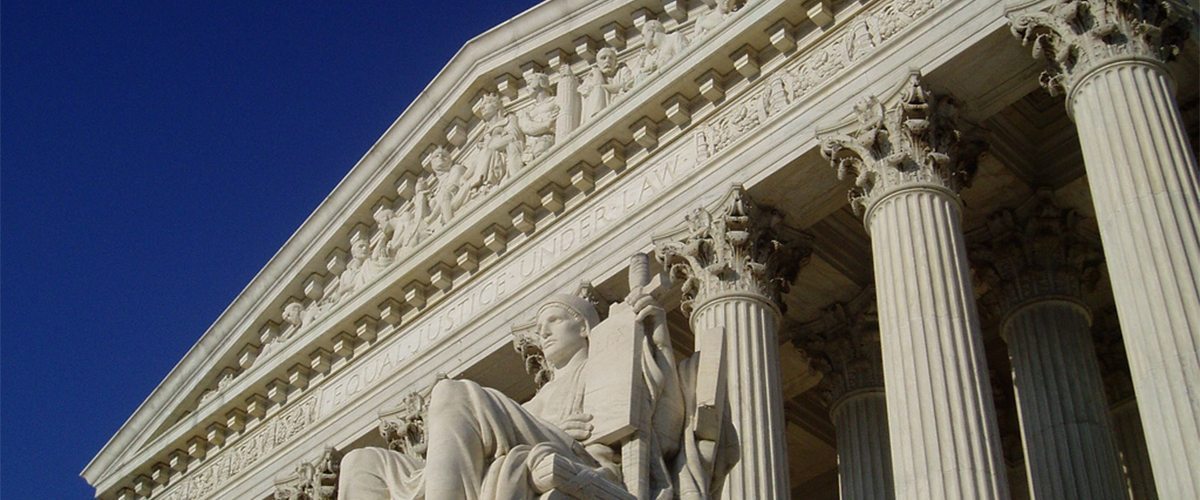Post-traumatic stress disorder will soon be added to the list of eligible conditions for medical marijuana in Illinois after a judge ruled that the Department of Public Health’s decision to reject the condition was “constitutionally inappropriate.”
Illinois must add post-traumatic stress disorder (PTSD) to the list of conditions that qualify for medical marijuana following the stern order of a Cook County judge.
In response to a lawsuit filed by an Iraq war veteran, Judge Neil Cohen concluded that Public Health Director Nirav Shah wrongly ignored the recommendation of a medical marijuana advisory board to add the condition and lacked evidence necessary to reject PTSD.
“The Director’s legal duty was to review the evidence, review the advisory board’s recommendations based thereon and render a final decision accepting or denying the proposal. Instead, Director Shah engaged in a private investigation, hidden from public view and more importantly, hidden from the parties and arrived at his conclusion based thereon. This process was constitutionally inappropriate,” Judge Cohen ruled.
Under the Illinois law, people can petition the state to add conditions to the eligible list. However, Gov. Bruce Rauner’s administration has rejected all petitions, despite support from an expert panel that reviews medical evidence. The advisory board had voted unanimously to add PTSD, but Shah still rejected the petition.
In response to Shah’s rejection, veteran Daniel Paul Jabs sued the Illinois Department of Public Health.
Judge Cohen gave Shah 30 days to add PTSD to the list of 40 other conditions that have been approved for medical marijuana prescription in the state. Cannabis has shown to reduce the re-experiencing, avoidance, numbing, and hyperarousal symptoms associated with PTSD. It’s been found to improve sleep in those suffering from insomnia or nightmares. Some research even suggests that the administration of cannabis shortly after the exposure to a traumatic event could help prevent PTSD-like symptoms from developing.
Attorney Michael Goldberg said that his client, veteran Jabs, “feels this decision gives him and other military veterans suffering from PTSD the respect they deserve from the state and the governor’s office.”
The ruling is the first decision of eight different lawsuits that have been filed by patients affected by the across-the-board rejections. Plaintiffs have filed lawsuits hoping for a ruling to add chronic postoperative pain, migraines, irritable bowel syndrome, polycystic kidney disease, osteoarthritis, intractable pain, and autism to the list of approved conditions. The court’s ruling could be significant to the other pending lawsuits. Two (chronic pain and osteoarthritis) are before Judge Cohen.
“This judge … stepped in to protect [Jabs’] health, safety and welfare,” Goldberg added. “The judiciary seems to be sending a message to the executive branch.”
Once the health department responds to the judge’s order, Illinois will join the fifteen states and Washington D.C. that allow medical marijuana for the treatment of PTSD.
Judge Cohen scheduled a follow-up hearing to ensure Shah and the Illinois Department of Public Health complies with his ruling. A spokeswoman for the department of health has said officials are reviewing the order, the Chicago Tribune reports.
To learn more about PTSD, visit the Medical Marijuana, Inc. education page.






